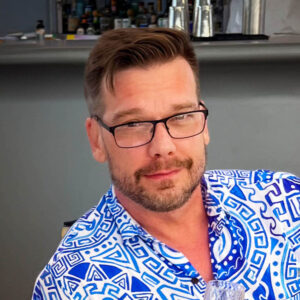by Cary Vaughn
If you’re a fan of live theatre, chances are you’ve heard the legendary Irving Berlin lyric, “There’s no business like show business” (and let’s be honest, you probably just heard Ethel Merman belt it in your head— you’re welcome). For the lucky ones, this couldn’t be more true. The world of live theatre offers countless job opportunities worldwide. But it’s not just the paid professionals who keep the stage alive—dedicated volunteers also play a crucial role in bringing captivating stories to life in community theatre. Two of Memphis’ many theatre champions are Hal Harmon and Den-Nickolas Schaeffer-Smith, founders of Emerald Theatre Company.
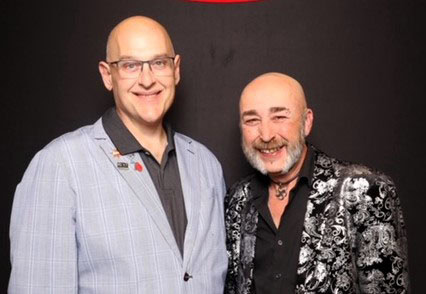
Since its founding in 1996 (minus two years due to the COVID-19 pandemic), Hal and Den have balanced full-time careers with their passion for live theatre, creating a space for LGBTQ+ stories to be told on stage. Through the ups and downs, their dedication has resulted in over 100 productions—both well-known and obscure. Their impact has not gone unnoticed. In 2016, Playbill gave Emerald Theatre Company an “honorable mention” in their feature on the “15 Regional Companies Leading the Charge in Gay Theatre.” In 2024, the company became eligible to compete in Memphis Theatre Awards (a.k.a. The Ostranders) in Division 2, earning six nominations and taking home three wins: Best Supporting Actress in a Musical (Cassie Thompson – Zanna, Don’t!), Best Original Script (Western Park Album), and Best Featured Performer (Cary Vaughn – Western Park Album).
It’s an exciting time to be part of Emerald Theatre Company, and local talent has the perfect opportunity to get involved—either onstage or behind the scenes. Two productions are currently in the works: the annual 10-Minute Play Festival and the regional premiere of the dark comedy, Clark Gable Slept Here.
I sat down with Hal and Den over dinner to learn more about their company’s history, what it takes to launch a play festival, and the boundaries they aren’t afraid to push.
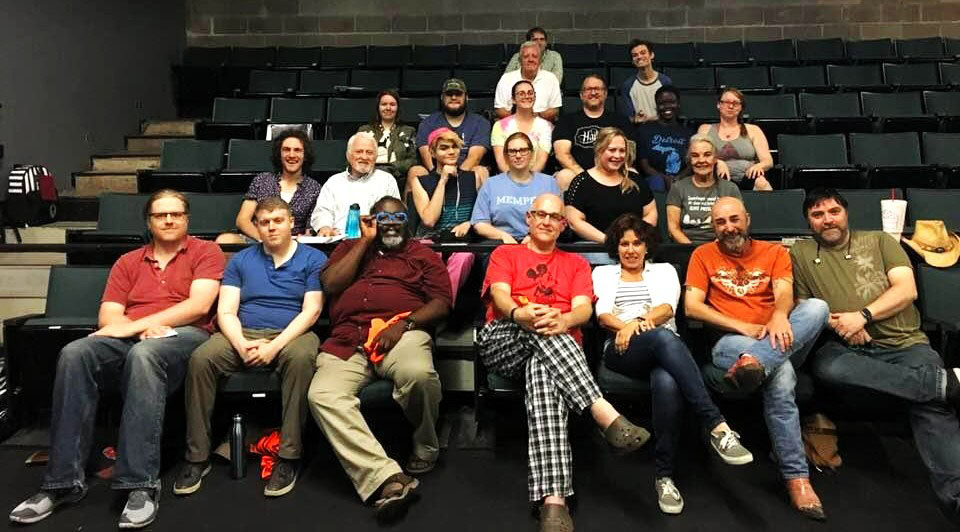
Hal: Let me tell you how Den and I met. Back in ’96 looked in the Memphis Flyer and saw an audition notice, and it did not say much of anything.
Den: No, because you had to pay by the word back then.
H: And I thought, ‘I’m going to do it.’ And I go to Theatreworks on a February night and it’s, like, as cold as it is right now. The building was not very old, and the heat was not installed yet. I was auditioning on stage, and I could see my breath! It was that cold. I’m not kidding. It was crazy. I auditioned for the role of a leather daddy. You talking about really having to act.
D: And he thought he would never hear from me.
H: Oh, I did.
D: The company was called Lollipop Guild at that point. But I applied to be a resident company at Theatreworks that May…of ’96.
H: But Den was told he was accepted as a resident company while we were doing the show.
D: Right. I made the announcement during the run of the show. And from then we became Emerald Theatre Company.
H: The first two seasons, baby, we did five shows. We would close one, and two weeks later, we’d be in rehearsals for the next show.
D: Every other month we were doing a show.
And you had full-time jobs as you did this?
BOTH: Yes!
D: But we were young.
H: And we wanted to do shows that showed us as real people and not just dying of AIDS or “the comedic friend” who was either a hair dresser or a dog walker because it seemed that was all there was at the time. Not to say there aren’t shows like that aren’t incredible, but it’s what we knew had to happen to change the view of gay and lesbian people.
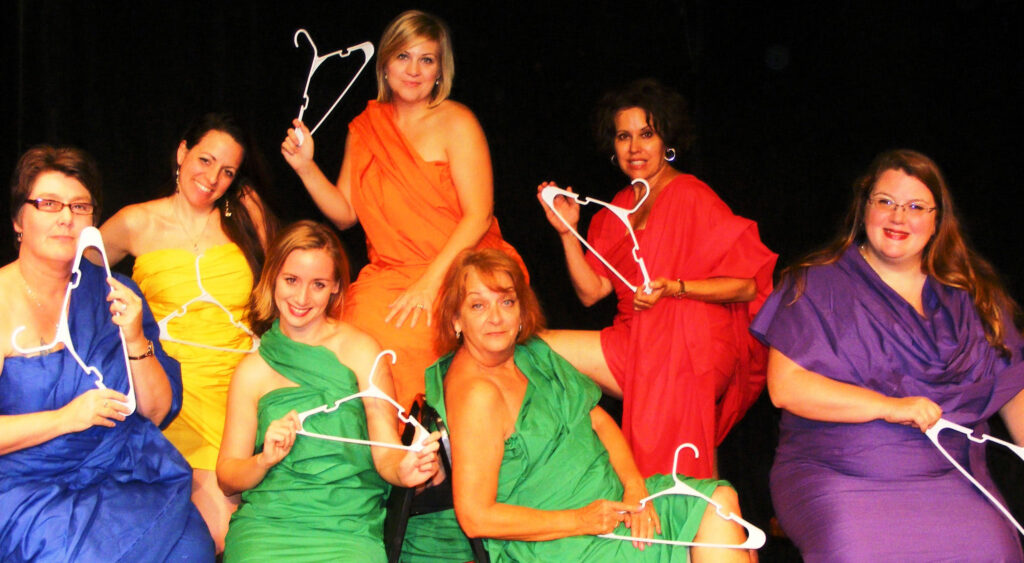
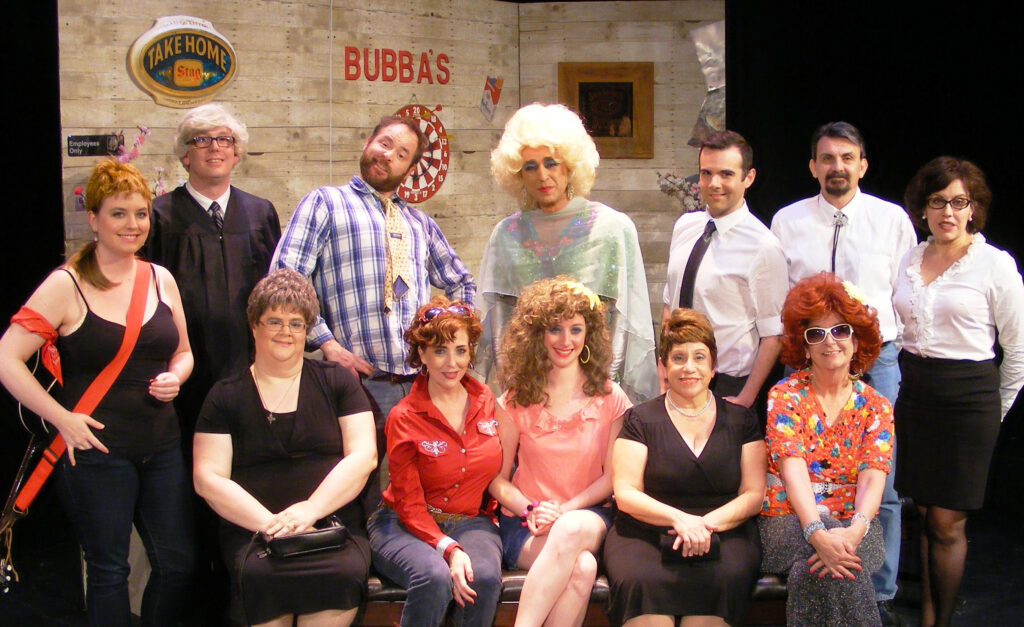
But it had to be exhausting after a while playing the role of actor, director, producer, marketing…
H: Den and I thought that at year 30, it would be time to say goodnight because after a while it was just the two of us. We were doing every aspect of “the business,” and we were tired. At one point, for several years, we were no longer “not-for-profit.” But we recently talked with an organization that helps other not-for-profits to help us re-establish our 501(c)3. Now we have a new board and a charter and this made last year a truly successful year between the 10-Minute Play Festival, the cabaret, Zanna Don’t, and Western Park Album. So that gave us the shot in the arm that we needed. Those on board with us literally as board members are committed, so everybody is helping relieve some of the constants that have to be done.
And how did you get a play festival off the ground?
H: We met Caroline Sposto when she did Sordid Lives with us, and we just connected. I asked Caroline if she would direct a show, and she said, “No. But what are your thoughts on if I created a play festival?” I was, like, whaaa…? Caroline created the play festival. I give her total credit.
But how did you get the word out for submissions?
H: There’s a website called “Funds for Writers,” and at the time, Caroline submitted a blurb about the play festival. That first year we had over 50 entries from as far as New Zealand. And each year it grew. When Caroline moved, I took it over. As a matter of fact, I just emailed this year’s prompt to past participants, and we’ve already gotten six entries. Deadline for submission is the end of May. Then the committee looks at them in June. Nobody knows who wrote them but me, and I don’t tell the judges so that the plays we pick are just from good writing. Then we call for directors, and we’ve taken chances on people who have never directed before but really wanted to do it.
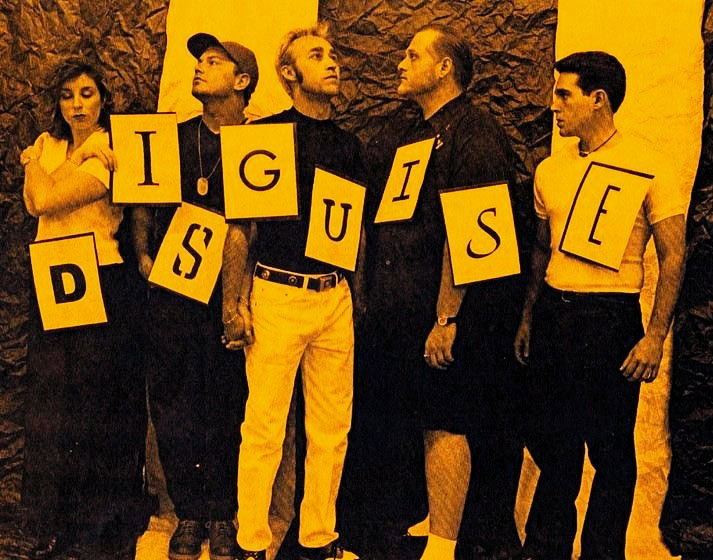
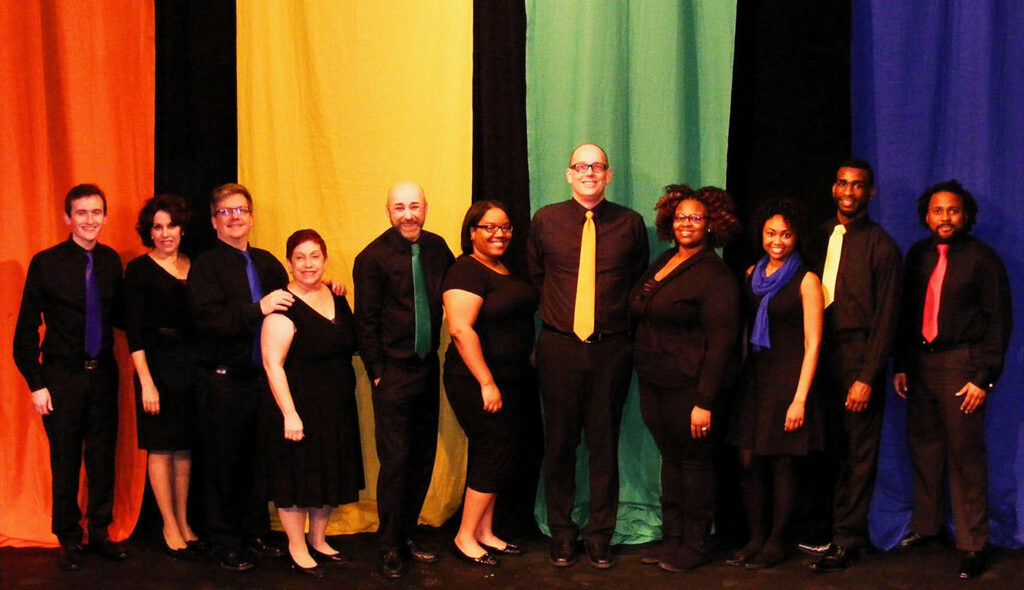
And the festival is in September?
H: Yes. The festival is produced in September.
Something I’ve noticed about some of shows produced by Emerald is that y’all don’t shy away from heavy topics.
D: Oh, no.
H: Bent was a successful show.
My mother still talks about that show.
H: …and it was a show we knew could be controversial. But people would talk about it because it had something that they may have learned from it.
Fun fact. That was the first show I was in where another actor was fully nude.
H: Well, some people like to have nudity on stage. [comically points to Den] Speaking of, I directed a play called Jerker, and it’s about exactly what it sounds like it’s about. And, Cary, I was, like, there’s gonna be a protest, there’s gonna be burning crosses in front of Theatreworks, I’m gonna have red paint thrown on me. You just name it; it’s going to happen. I was so scared, I did not put my name on the program as director.
D: But it was hugely successful. A couple of years later one of my clients told me that they were in another city and saw a show called Party and said, “by the end of the show the entire cast was naked.” So we found the script, and I told Hal I wanted to do it but he was, like, “You’re never going to cast this show.”
H: But it did push boundaries, and that was something we were not afraid of doing. I was afraid to put my name on it, BUT…now, one of the roles in Clark Gable…
D: Yeah. There’s nudity in Clark Gable Slept Here.
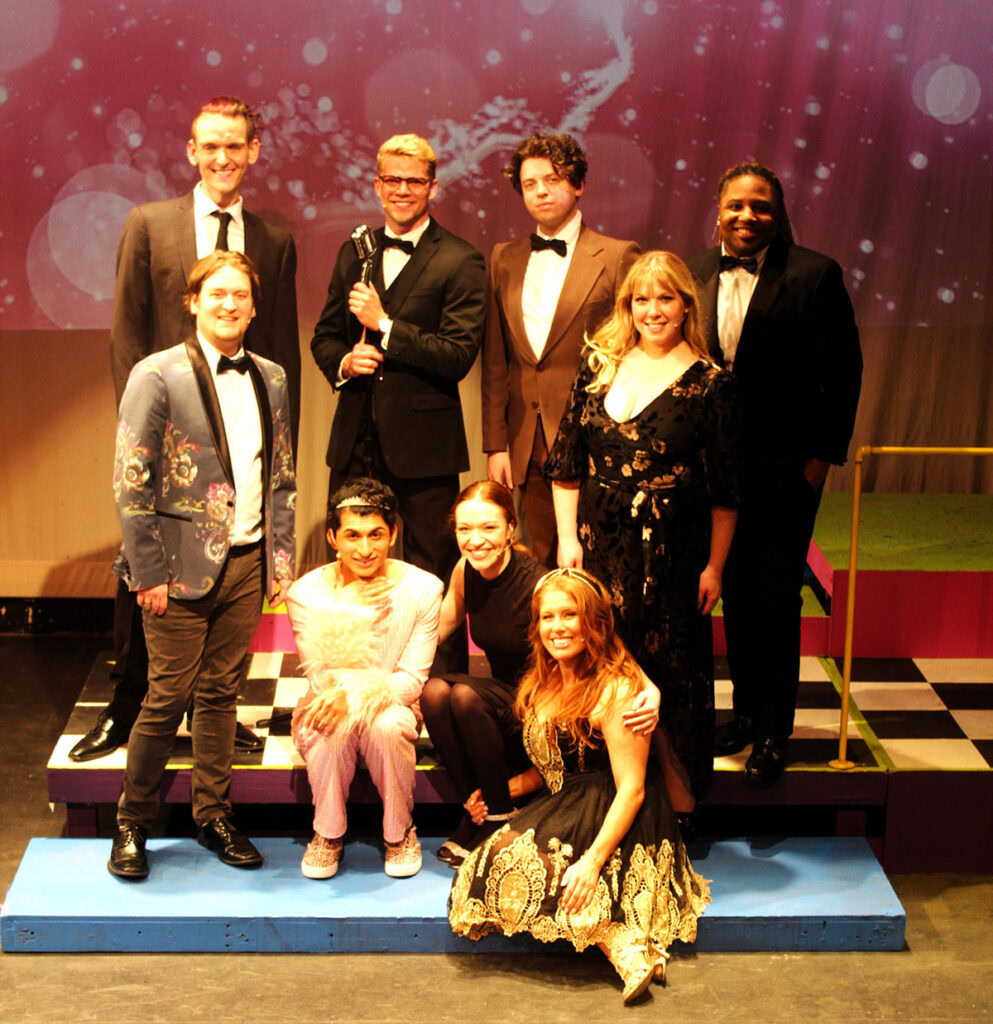
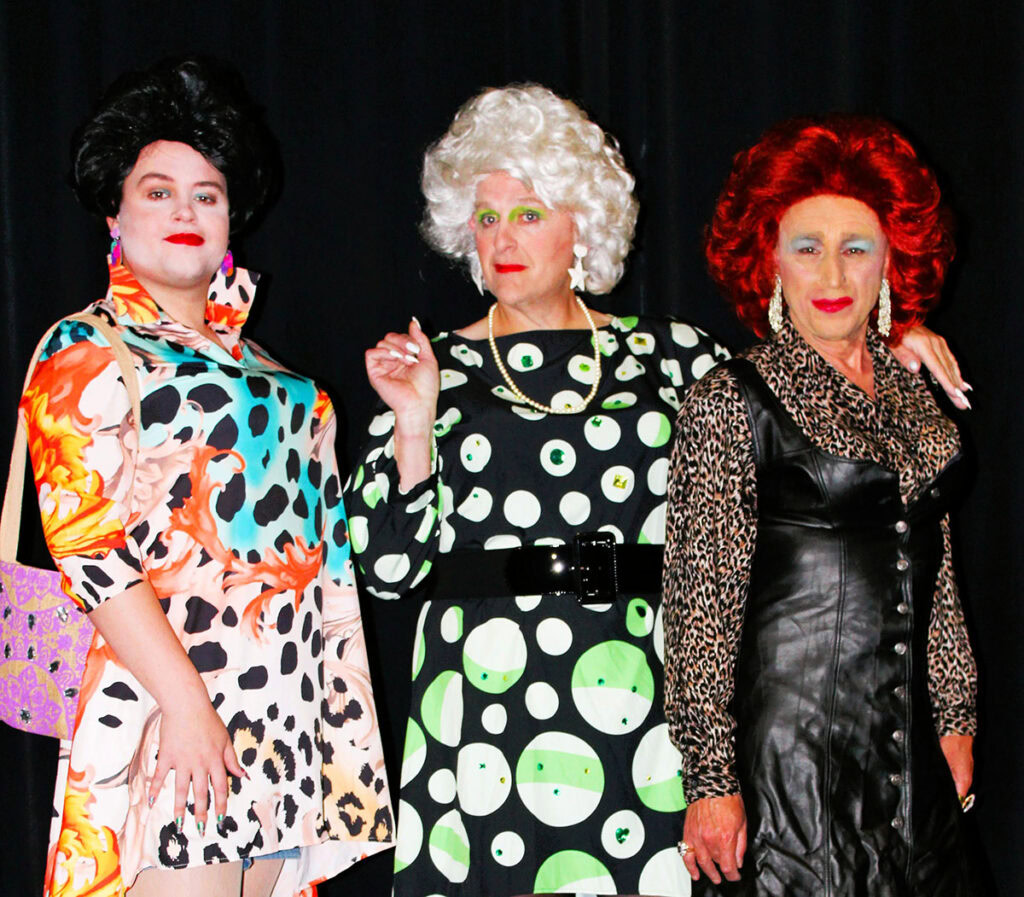
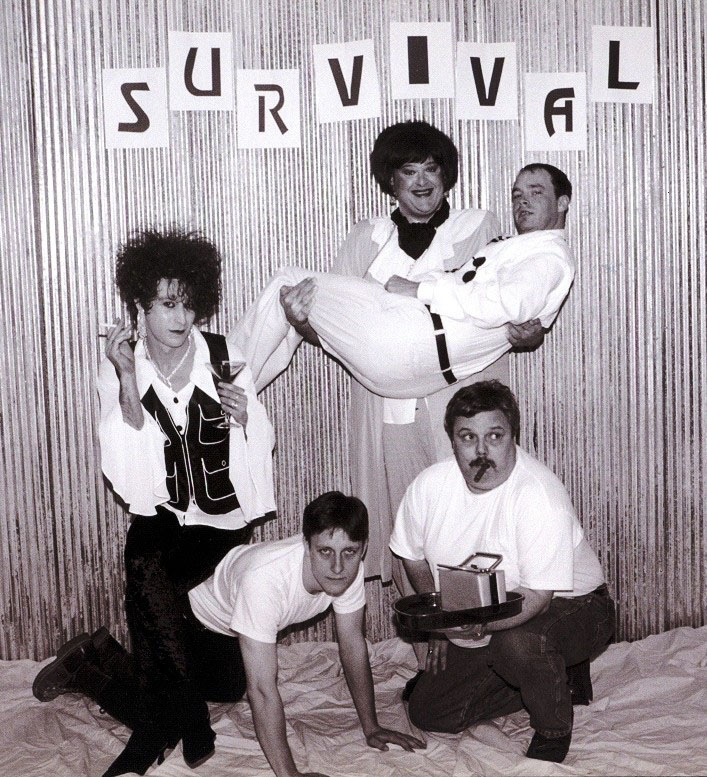
The sex worker?
D: The sex worker.
How many lines does the character have?
D: Very little. Because he lays half the show face down on a rug.
Nice. Send me the script.
To participate in Emerald Theatre Company’s 10-Minute Play Festival, scroll through photos of past productions, and/or add your email address to receive future audition notices, visit their website at ETCMemphisTheater.com. They’ll love to hear from you.

